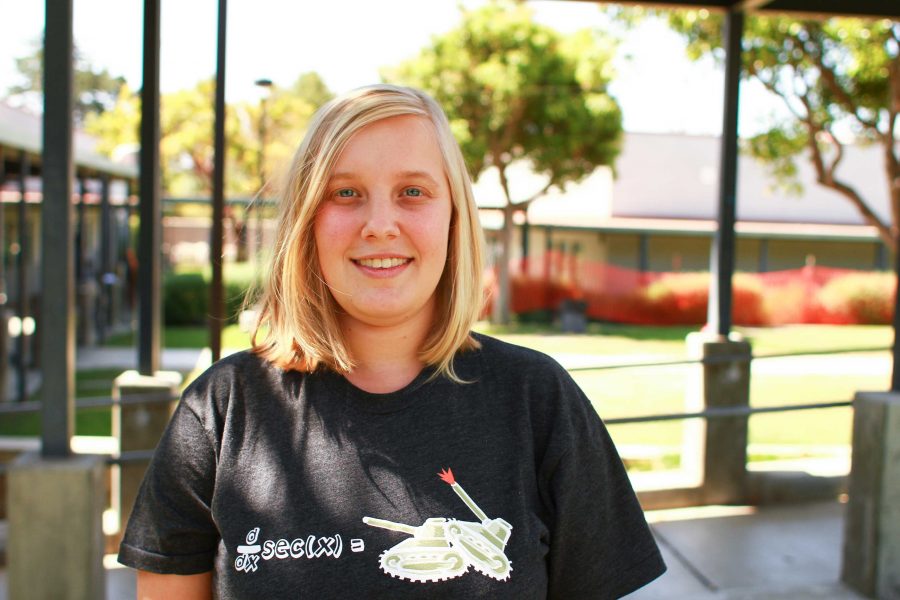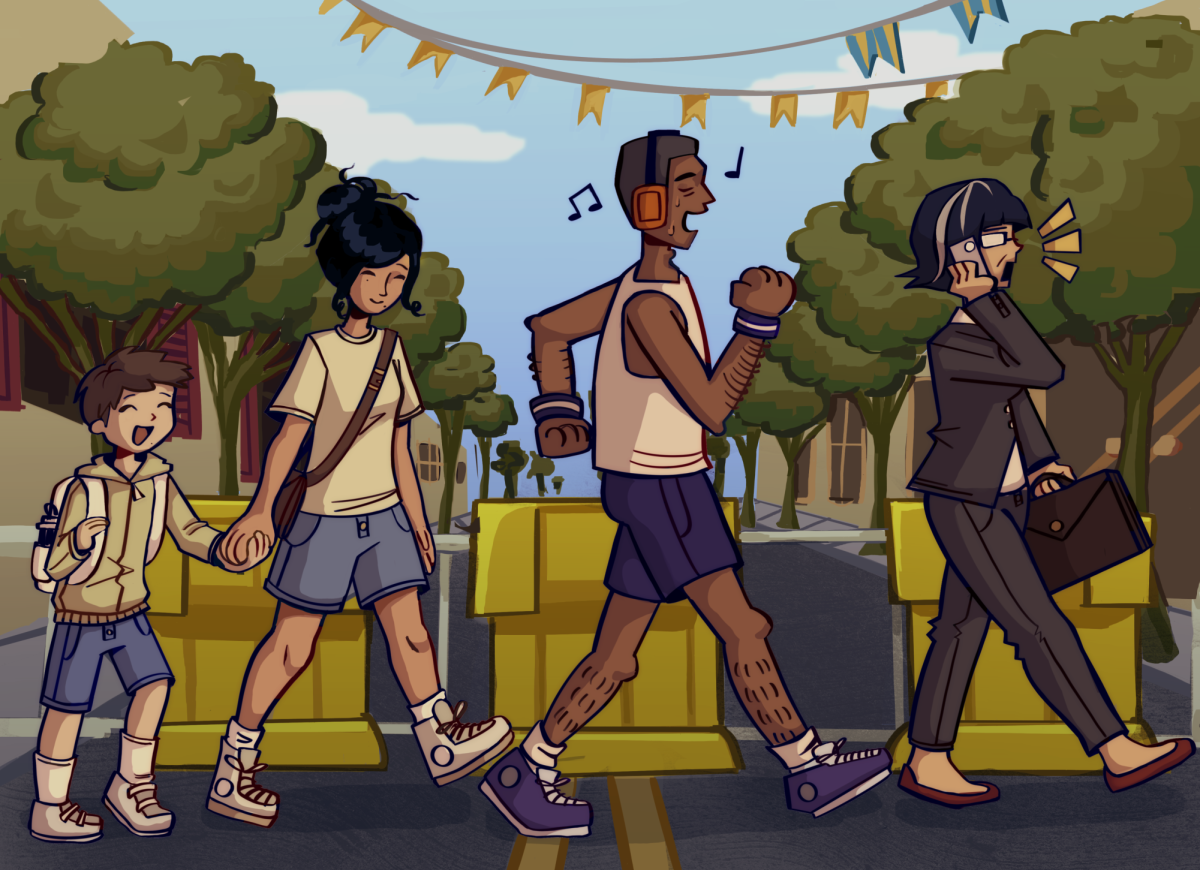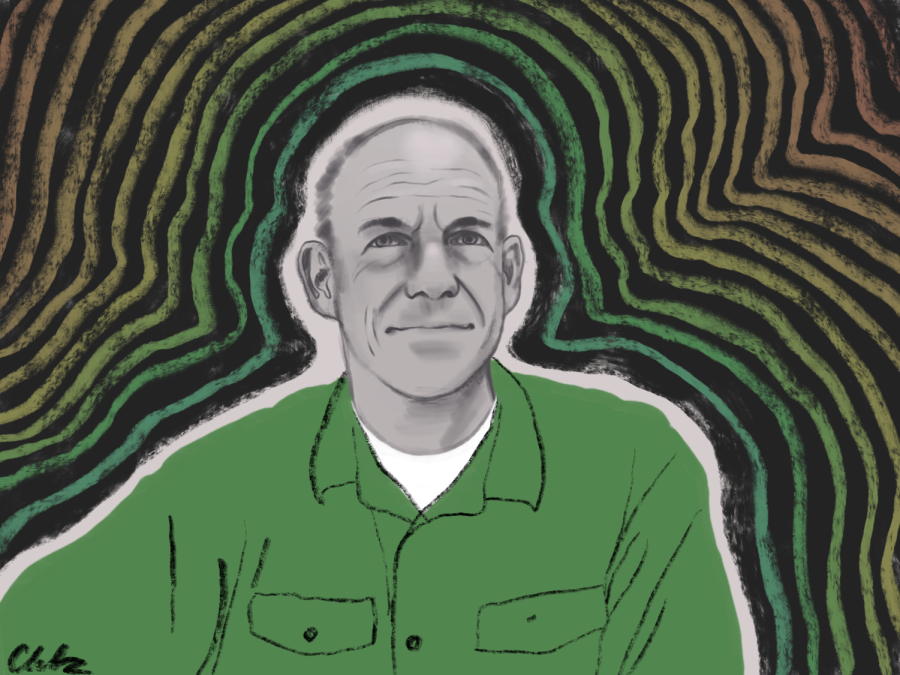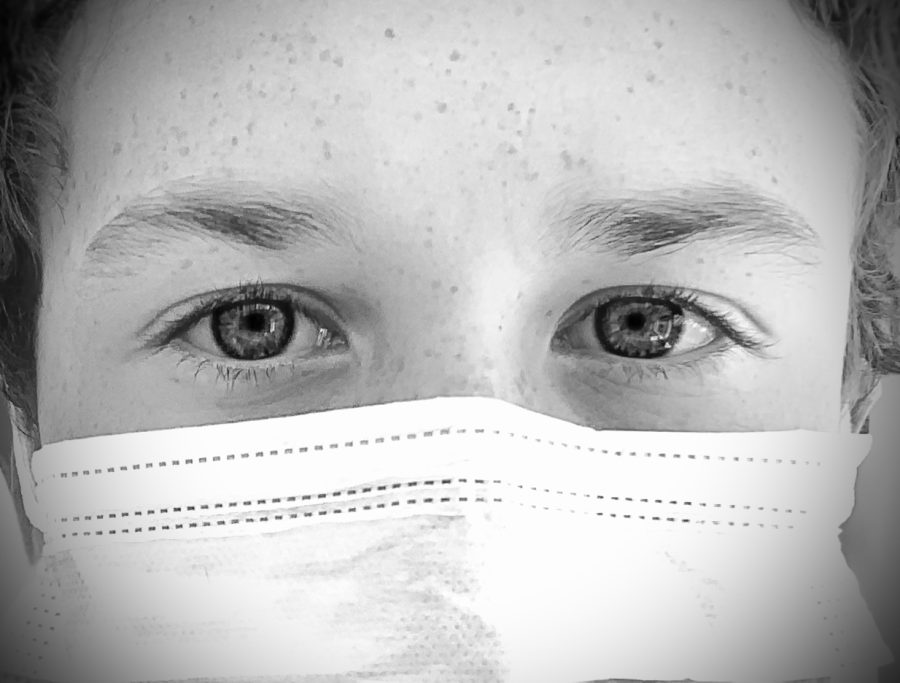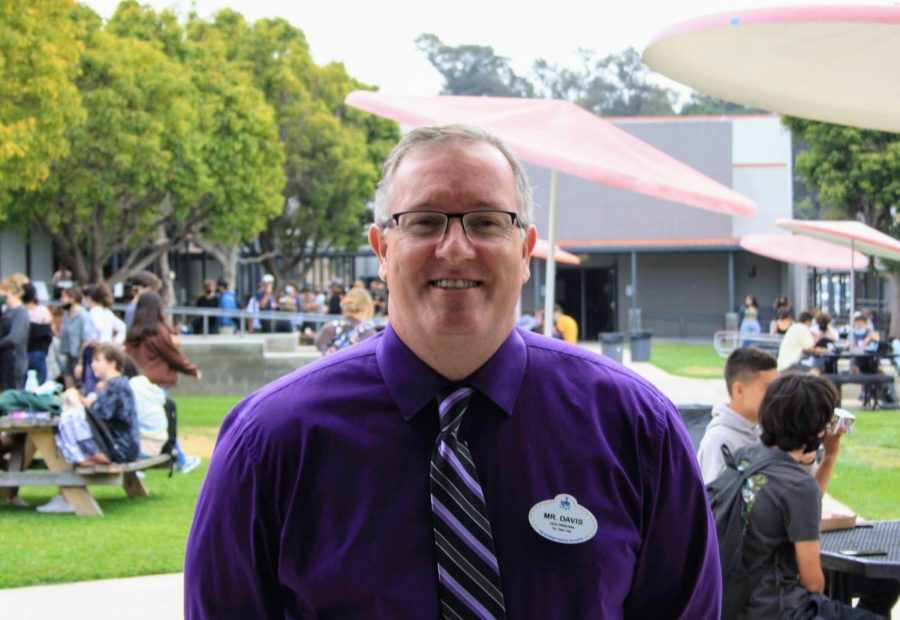For senior Carly Bell, her Dragon talk was an opportunity to raise awareness and promote understanding for a rare genetic disorder that she has had all her life.
Bell was born with Phenylketonuria (PKU), an autosomal recessive metabolic genetic disorder characterized by mutations in the gene for the hepatic enzyme phenylalanine hydroxylase (PAH), which cause it to be nonfunctional. This enzyme is necessary for the body to process the amino acid phenylalanine (Phe) to the amino acid tyrosine (Tyr), so when PAH activity is reduced, phenylalanine accumulates and is converted into phenylpyruvate.
Essentially, her body cannot process many amino acids and she has a daily limit on how much protein she should consume.
“I feel pretty normal as long as I don’t eat over two grams of protein,” Bell said. “I eat a lot of gluten-free stuff. There’s this formula I have to drink, which is really gross. It has the amino acids that I can’t get from normal protein.”
In her talk, she explained how it can often be difficult to follow these protein restrictions. She used the example of 15 Lays potato chips as the typical amount of protein she is supposed to eat during an entire day.
“I’m not that strict about the diet. I mean, should be, but I’m not. And it’s somewhat okay, after you’re five years old and most of your brain is already developing,” she said.
Behavior and attention problems are pretty common among people with PKU, although Bell said she has never really struggled with either.
“I only know a few people like me [with PKU] who are in AP and Honors classes. Most struggle in school. It harder for them to pay attention and everything else,” she said.
However, PKU does affect her energy.
“I’m always tired,” Bell said. “If you eat more protein, you get more energetic, but I can’t really do that. I get made fun of a lot by my family because it’ll be like 9 p.m. and they’ll say, ‘It’s past your bedtime’ because I usually go to bed so early.”
Bell also feels ill if she consumes too much protein, and knows that when she starts to feel nauseous, that’s her cue to stop. She hopes that there will be medical improvements in the near future to help her and others cope with the symptoms.
“I hope that eventually there will be more medication I can take. The one I take now doesn’t make me feel better or worse. You’re supposed to feel different, but I don’t know, I don’t feel any different when I take it,” she said.
She chose her topic to address common misunderstandings about the disease.
“This kid in the Bio Academy said that I was allergic to protein, and PKU was one of our key terms in class, and I wanted to fix that misconception,” she said.
Background Photo Credit: Aysen Tan/The Foothill Dragon Press

